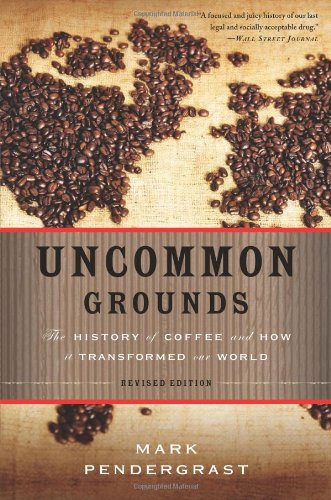Pope Clement VIII on coffee
and
Coffee and coffeehouses took London by storm. By 1700 there were more than two thousand London coffeehouses, occupying more premises and paying more rent than any other trade. They came to be known as penny universities, because for that price one could purchase a cup of coffee and sit for hours listening to extraordinary conversations—or as a 1657 newspaper advertisement put it "PUBLICK INTERCOURSE." Each coffeehouse specialized in a different type of clientele. In one, physicians could be consulted. Others served Protestants, Puritans, Catholics, Jews, literati, merchants, traders, fops, Whigs, Tories, army officers, actors, lawyers, clergy, or wits. The coffeehouses provided England's first egalitarian meeting place, where a man was expected to chat with his tablemates whether he knew them or not.
Edward Lloyd's establishment catered primarily to seafarers and merchants, and he regularly prepared "ships' lists" for underwriters who met there to offer insurance. Thus began Lloyd's of London, the famous insurance company. Other coffeehouses spawned the Stock Exchange, the Bankers' Clearing-house, and newspapers such as The Tattler and The Spectator.
both from the book Uncommon Grounds by Mark Pendergrast.


